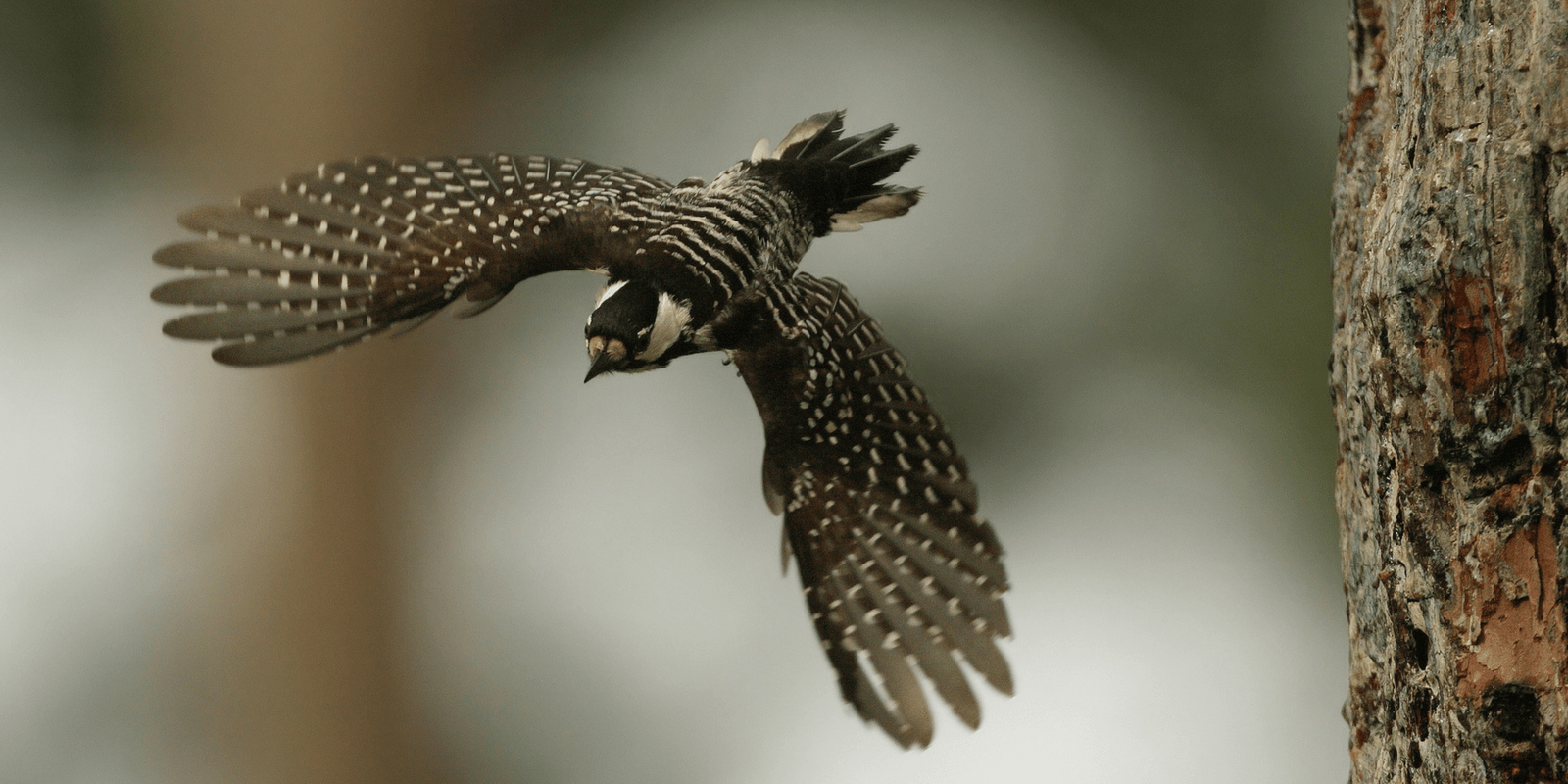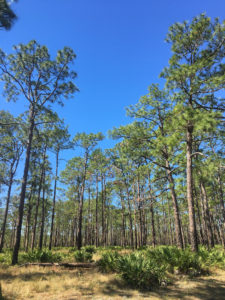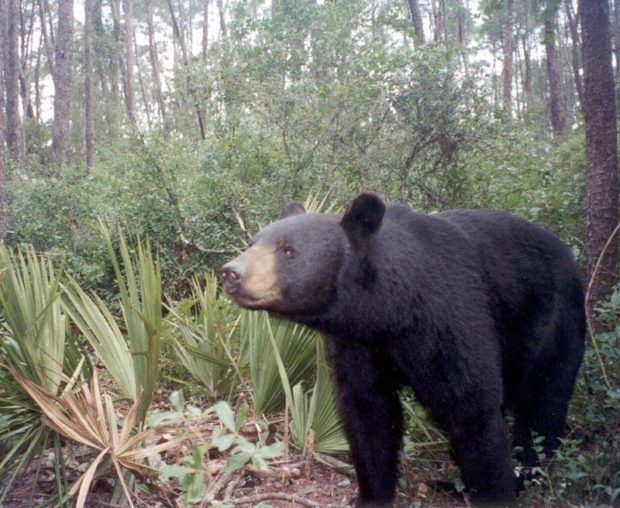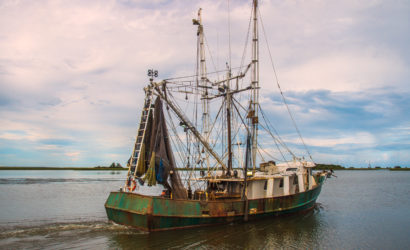We have much more to do and your continued support is needed now more than ever.
Wins for Water and Wildlife in the Florida Panhandle

The Apalachicola region in Florida has two recent reasons to celebrate, thanks to one landowner and five Supreme Court justices.
Donation to a National Wildlife Refuge
Last month, a landowner and philanthropist ensured the long-term conservation and protection of 6,200 acres of pine forest adjacent to the St. Mark’s National Wildlife Refuge.

Sam and Betty Shine donated their family’s land to the U.S. Fish and Wildlife Service so it could be better managed to help restore longleaf pine habitat and expand the St. Marks National Wildlife Refuge. The National Wildlife Federation has long advocated for the protection of this property.
The habitat will provide a perpetual home for a wide variety of plants and animals, such as Florida black bear and indigo snakes, and provide tremendous benefit to migratory bird species.
“This is the latest in a long line of environmental projects involving Sam and Betty, and the Florida Wildlife Federation greatly appreciates their altruism,” Manley Fuller, President of Florida Wildlife Federation said.
“Creeks and seeps dot this land, and their protection will improve water quantity and quality that flows to our precious aquifer—which will also aid Apalachee Bay.”

One Point for Florida in Water Saga
The Apalachicola region may also benefit from a recent Supreme Court case.
“For decades, extremely limited freshwater flows reaching the Apalachicola River from Georgia have pushed Florida’s ecologically rich Apalachicola River and Bay ecosystem—and the incredible array of fish and wildlife that rely on that system—to the brink of collapse,” says Melissa Samet, the National Wildlife Federation’s Senior Water Resources Counsel.

In a 5-4 decision, the justices supported Florida’s claim that Georgia is not doing enough to conserve water and allow sufficient downstream flow to support the region’s famed Apalachicola oyster industry, as well as other fish, wildlife, and habitat.
Although this is a good interim step, the case is far from over. The Supreme Court ruling simply means that the case goes back to a Special Master to reconsider whether Florida would benefit if Georgia capped its water usage. A final decision is at least a year away.
The National Wildlife Federation and the Florida Wildlife Federation have been working for many years to restore ecologically sound freshwater flows to the Apalachicola River and Bay. Please consider supporting our work.





















